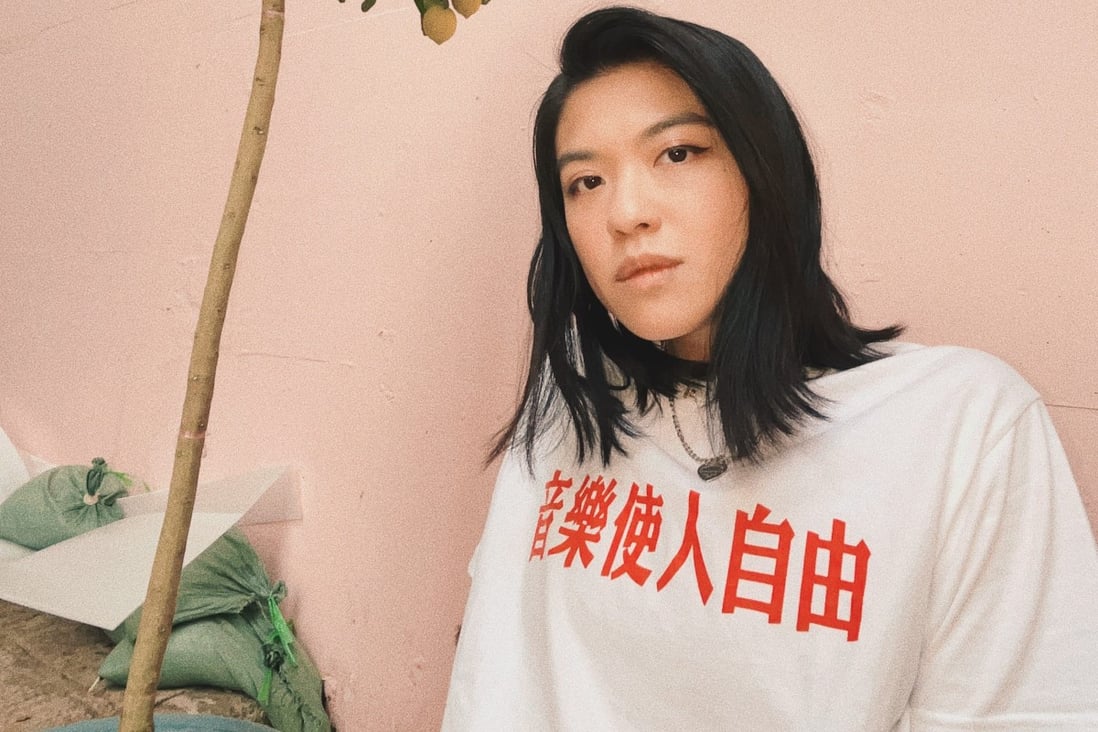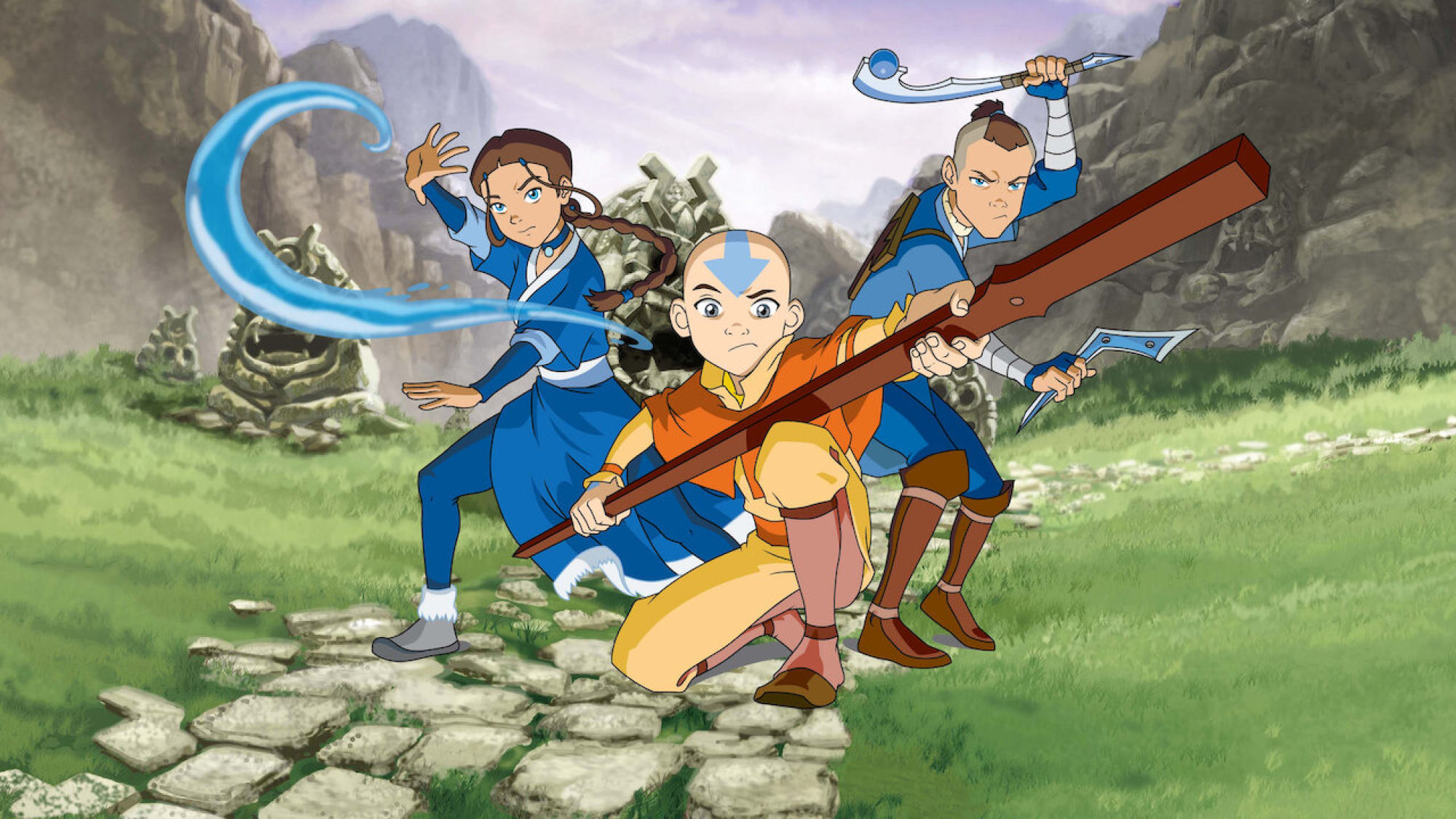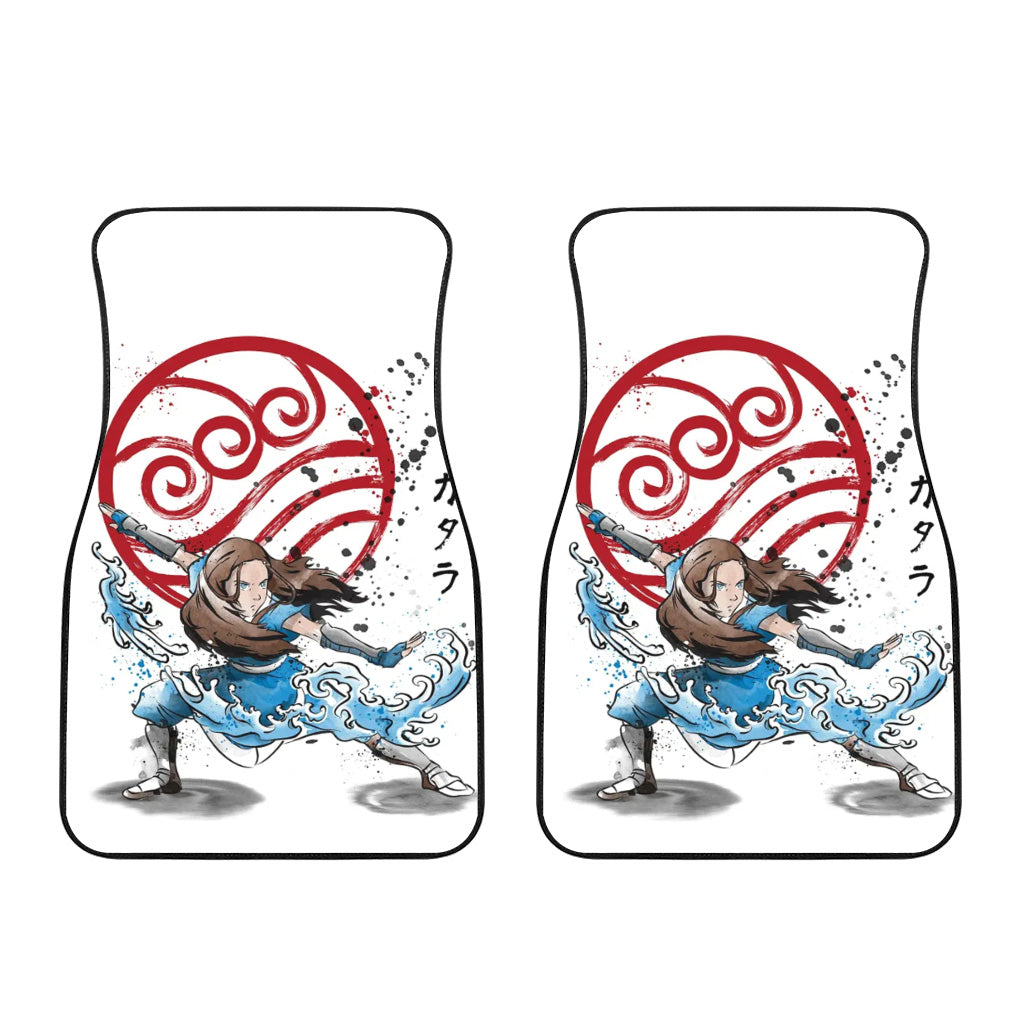Anime, Avatar: The Last Airbender
Avatar: The Last Airbender’s impact on musician Olivia Dawn Mok’s life

When Olivia Dawn Mok initially watched the first episode of the animated series during the Covid pandemic, she wasn’t impressed. However, her friends encouraged her to continue watching. Eventually, she became captivated by the music and the storyline, which drew inspiration from Asian folklore and explored themes of identity and authenticity.
The animated fantasy television series, Avatar: The Last Airbender (2005-08), is set in a world where certain individuals possess telekinetic control over one or more of the four elements. It incorporated various elements from Asian folklore and traditions and received widespread acclaim for its thematic depth and philosophical complexity. Olivia Dawn Mok, a violinist, composer, and music producer known as Xiaolin, explains how the show had a profound impact on her life.
During the Covid pandemic, Olivia discovered the series, which she had already been aware of for some time. Her interest was sparked when several friends highly recommended it as an excellent show. Since she had no gigs and was looking for something to watch, she decided to give it a try.

Initially, Olivia wasn’t drawn to the show after watching the first episode. She reached the halfway point and thought of it as merely a children’s show. However, her friends urged her to continue, assuring her that things would become clearer once she passed the initial episode.
What motivated her to persist was the music. Olivia found it intriguing, particularly the tribal elements, including taiko drums and pan flutes. The show had certain anime characteristics and a minimalist style. It effectively utilized music, employing silence when needed and assigning specific themes to each character. Olivia performed an exercise where, with her eyes closed, she could still grasp the unfolding events solely through the music.
She appreciated the division of the world into four nations based on the four elements. As a student of Taoist philosophy with a secret interest in astrology, Olivia found the distinctions between the nations and their associated qualities reminiscent of astrology. Exploring entire nations built around these concepts and delving into their unique lifestyles fascinated her.
The show’s visual aspect also impressed Olivia. Each nation was represented by a distinct color, personality, type of music, and aesthetic.
The central lesson of the protagonist Aang’s moral journey revolves around identity and authenticity. It raises questions about the true meaning of being authentic and how to uphold personal values while fulfilling one’s mission. Olivia perceived Aang’s mission as relatable to every individual. Aang comes to understand the existence of darkness in the world and finds his own way to confront it.

Towards the end, there is a significant plot twist where Aang must battle the Fire Lord Ozai, the ultimate evil tyrant. However, to maintain his personal identity as a monk, he refuses to take a life, going to great lengths to neutralize his own power and becoming an ordinary person. This emphasis on non-violence is conveyed in a gentle and subtle manner.
The show contains numerous pearls of wisdom and thought-provoking questions. Olivia was amazed by the multitude of lessons one can derive from it.
She appreciated how the series was not biased towards a single Asian country but instead blended Chinese, Japanese, and Indian philosophies, paying respect to all of them. Achieving such a balance, particularly as an American production, is quite challenging.
We bring out some of the most well-known Avatar: The Last Airbender Collection all of which are available at reasonable costs. Visit our link now if you are interested in the Avatar: The Last Airbender Collection


Bolin,Pabu,Asami Sato,Ten Zin,Lin Beifong
